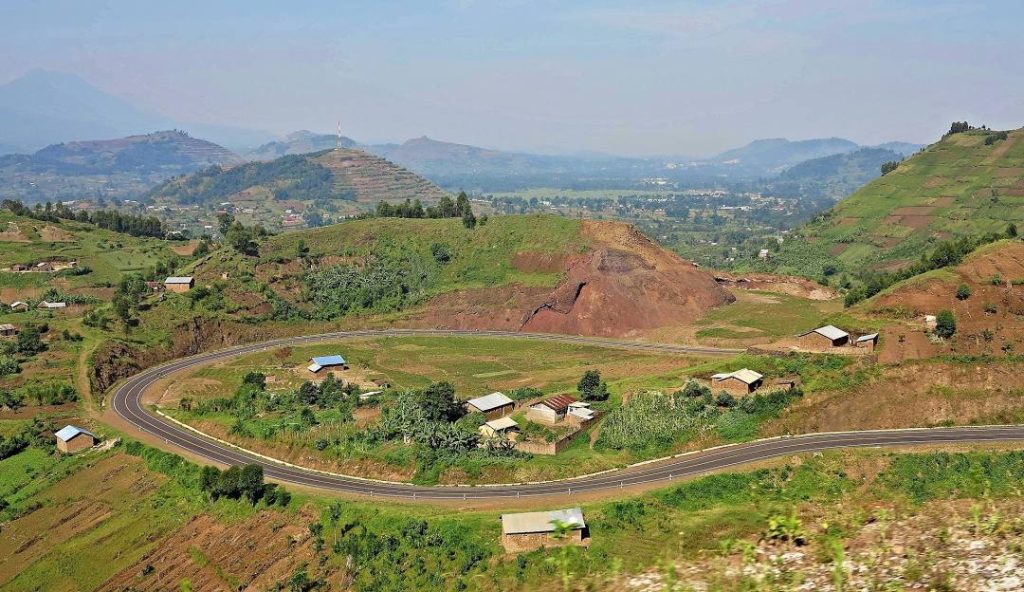Foreign investors entering the Democratic Republic of Congo (DRC) quickly discover that operational success depends on navigating a landscape shaped by armed groups, political instability, poor road networks, unpredictable checkpoints, and volatile provincial conditions. Professional journey management becomes a vital enabler, ensuring that executives, engineers, auditors, technical specialists, and due-diligence teams can move between Kinshasa, Lubumbashi, Goma, Kolwezi, Bukavu, and Beni with structured protection, real-time intelligence, and risk-informed decision-making. Without formal journey planning, organisations are exposed to threats that can disrupt investment timelines, jeopardise staff safety, and undermine the confidence of stakeholders and partners.
Secure Mobility as a Foundation for Safe Investment Across Mining, Energy, Infrastructure, and Humanitarian Sectors
The DRC’s most active economic sectors — including mining, energy, telecommunications, infrastructure, and humanitarian operations — require consistent movement across high-risk regions. Secure mobility, delivered through trained protective drivers, risk-assessed routes, secure vehicles, and live intelligence feeds, ensures that foreign personnel can reach sites safely despite local challenges. For investors assessing opportunities in the copper and cobalt corridors of Kolwezi and Likasi, or humanitarian donors operating in Goma and Ituri, mobility must be reinforced by professional protective teams who understand the local threat picture and can intervene quickly during unexpected events.
Route Intelligence, Real-Time Updates, and Dynamic Risk Assessment Across Congo’s Unpredictable Road Networks
The DRC’s road network is shaped by factors that change rapidly — community unrest, banditry, militia activity, roadblocks, and weather-related degradation. Effective journey management incorporates route intelligence, local security informants, GPS tracking, and real-time monitoring to keep personnel aware of emerging threats. For example, the Goma–Rutshuru, Bukavu–Uvira, and Beni–Butembo routes require constant surveillance and alternative route planning due to frequent security incidents. Professional teams use contingency planning, advance reconnaissance, and decision-making protocols to ensure that journeys are safe, predictable, and aligned with organisational duty-of-care commitments.
The Value of Armed and Unarmed Protective Teams for Investors Moving Through High-Threat Provinces
Depending on the region and risk appetite, investors may require Armed Close Protection teams, particularly in eastern provinces where militia groups, targeted theft, and roadside attacks are more prevalent. In Kinshasa, Lubumbashi, and some commercial corridors, unarmed, low-profile executive protection may be more appropriate for business meetings, due-diligence activities, and sensitive negotiations. Professional providers tailor the protective posture to the environment, ensuring investor confidence while avoiding unnecessary escalation or visibility.
Supporting Large-Scale Projects with Coordinated Journey Management and Embedded Security Advisors
Foreign investors in the DRC frequently manage large-scale, multi-site projects, requiring personnel to move between provincial capitals, remote exploration zones, ports, airports, and government offices. By embedding security advisors, protective drivers, and journey coordinators, organisations benefit from seamless planning across logistics, transport, accommodation, and local liaison. This integrated approach reduces operational friction, improves time management, and mitigates the risks that can delay major investment or humanitarian missions.
How Journey Management Reduces Liability and Strengthens Investor Confidence in High-Risk Operating Environments
The DRC’s complex environment exposes organisations to legal, reputational, and operational risks if travel is poorly managed. Professional journey management demonstrates a strong commitment to duty of care, ensuring that employers take all reasonable steps to protect staff. This reduces liability, strengthens internal compliance, reassures governing bodies, and builds confidence among investors, donors, and international partners. Safe mobility is not a cost — it is a strategic enabler, allowing organisations to function in regions where opportunity coexists with instability.
Combining Journey Management, Intelligence, and Executive Protection to Support Sustainable Long-Term Investment
Long-term investors require more than transportation — they need a holistic security framework that supports sustained presence, recurring site visits, local workforce engagement, infrastructure monitoring, and stakeholder meetings. By combining journey management, protective intelligence, close protection, and crisis response, security providers deliver the stability required to operate effectively in cities such as Kinshasa, Lubumbashi, Goma, and expanding industrial hubs. This integrated approach helps businesses progress confidently despite the DRC’s evolving risk landscape.
Why Secure Mobility Infrastructure Directly Impacts Investment Success in the DRC
Investors frequently underestimate how much secure mobility influences project outcomes. Delayed site visits, cancelled meetings, or inaccessible project areas can stall progress for weeks or months. Professional security providers ensure reliability — enabling investors to move on schedule, meet stakeholders, inspect facilities, negotiate deals, and oversee project phases without disruption. In a country where conditions shift rapidly, mobility is operational power, and organisations that secure it gain a decisive advantage.
Strengthening Operational Continuity During Crises, Unrest, or Sudden Escalations in Eastern Congo
The DRC experiences sudden spikes in unrest, especially in North Kivu, South Kivu, Ituri, and Tanganyika. During these periods, journey management becomes even more critical. Providers deliver rapid rerouting, secure relocations, protective escorting, and emergency evacuation planning, ensuring personnel remain safe even during unpredictable flare-ups. This level of preparation protects investors from project shutdowns, stranded teams, or high-impact disruptions.
Professional Journey Management as a Strategic Investment for Sustainable, Long-Term Operations in the DRC
Ultimately, professional journey management enables foreign investors to operate with confidence in one of Africa’s most dynamic yet challenging markets. By integrating secure mobility, protective expertise, and real-time intelligence, organisations can pursue opportunities in mining, energy, infrastructure, logistics, humanitarian work, and government partnerships — safely and sustainably. For foreign entities looking to expand in the DRC, secure mobility is not optional; it is the centerpiece of safe and successful operations.
Contact Us
For executive protection, journey management, secure transportation, or operational support in the DRC, please contact: info@associated-risks.com

